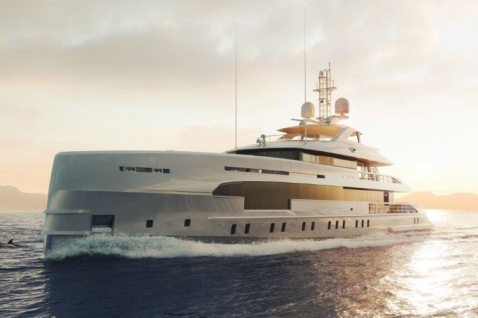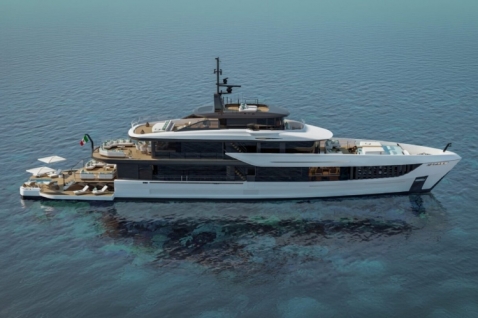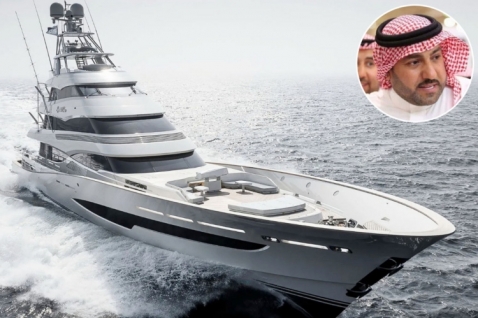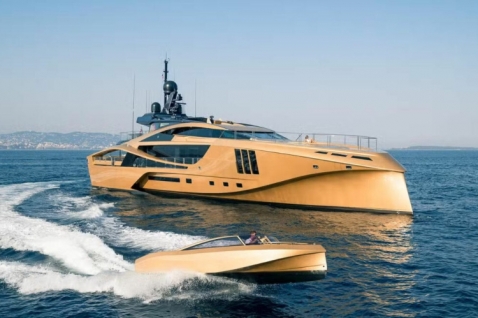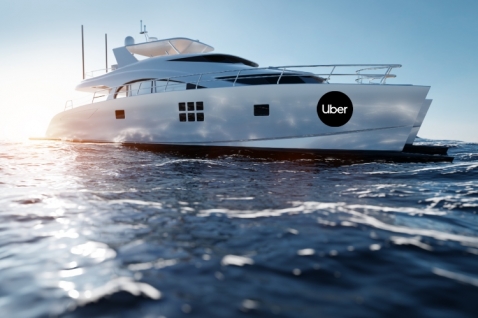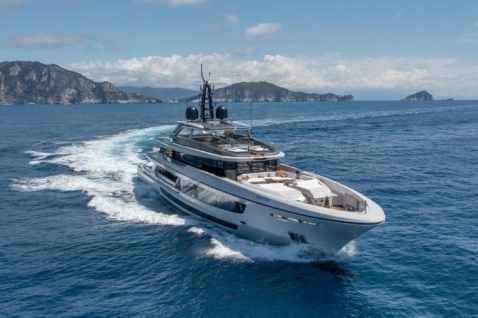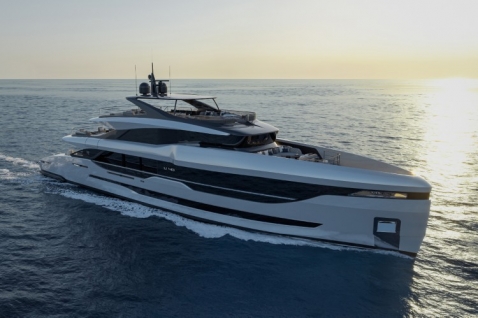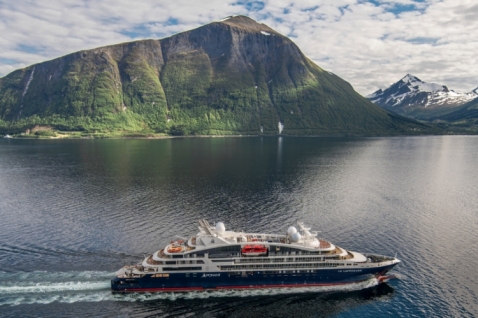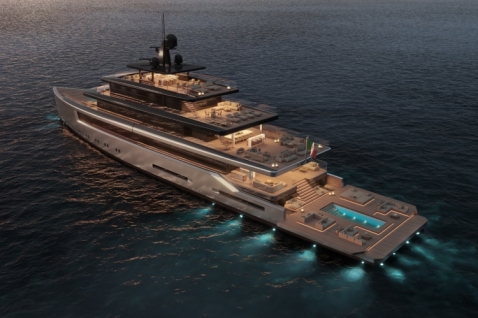While Italy enthusiastically seized seven luxurious superyachts from wealthy Russian oligarchs, its taxpayers are left footing the $35 million bill for maintaining these floating palaces. Each yacht uses over $11,000 in electricity for air conditioning to prevent mold from spreading throughout the vessel.
The world’s second-largest sailing yacht, A, along with Lady M, Scheherazade, Lena Yacht, and three other superyachts, are all anchored in Italy due to the seizures. These assets belonging to Russian oligarchs have been seized by officials since the spring of 2022. According to France 24, the nation has spent $35 million on maintaining these luxury vessels. Costs for docking, crew payments, fuel, and other expenses all fall on the Italian Ministry of Finance. The publication shared information about the superyacht Lady M, which belongs to Russian tycoon Alexei Mordashov, whose wealth amounts to $25.5 billion. The vessel is anchored in Imperia, northern Italy, and has been seized since March 22, 2022.
Maintaining this frozen asset falls to the Italian state, which spends about $13,000 per month for docking during the winter and $14,000 during the summer. An additional $11,000 is paid monthly for the electricity needed to run the air conditioning to prevent interior damage.
In addition to these costs, vessel maintenance includes crew costs, fuel, insurance, and annual inspections to keep the yachts in good condition. Even basic care costs the Ministry of Finance at least $54,000 annually for maintaining Lady M.
The vessel’s value is approximately $71 million, meaning that the wealthy owner spends between $7 million and $10 million annually on the yacht's maintenance. As the nation has spent over $35 million on maintaining these seven luxurious motor yachts, it would like to officially confiscate them for resale.
By law, these floating properties are still owned by the Russian tycoons, preventing governments from simply selling them. Lawyer Andrew Sacucci, representing an unnamed Russian oligarch, stated: "We are talking about a temporary freeze; this property is not confiscated. Permanent seizure would be problematic as it would be against basic individual rights, including the right to property. The state cannot arbitrarily appropriate private property." The seven immobilized yachts in Italian ports burden the government. In total, the assets seized by Italian officials, including luxury yachts, private jets, and luxury villas, are worth nearly $2.5 billion.
The enormous sums of money spent on immobilized vessels could be much better utilized. For example, the $35 million the Italian government has invested in the olive oil sector. Italy is the second-largest producer of olive oil in the world, after Spain. The same amount of money could be effective in improving the quality and quantity of production and promoting the "Made in Italy" brand in export markets.



